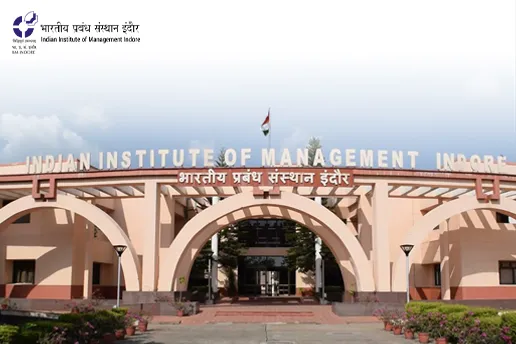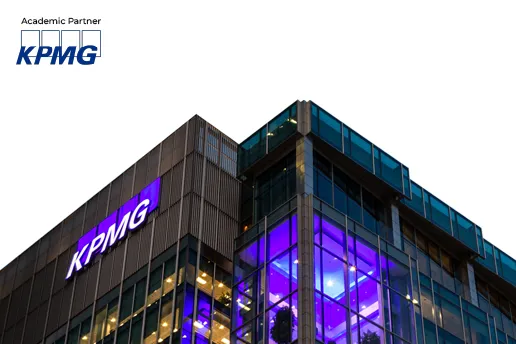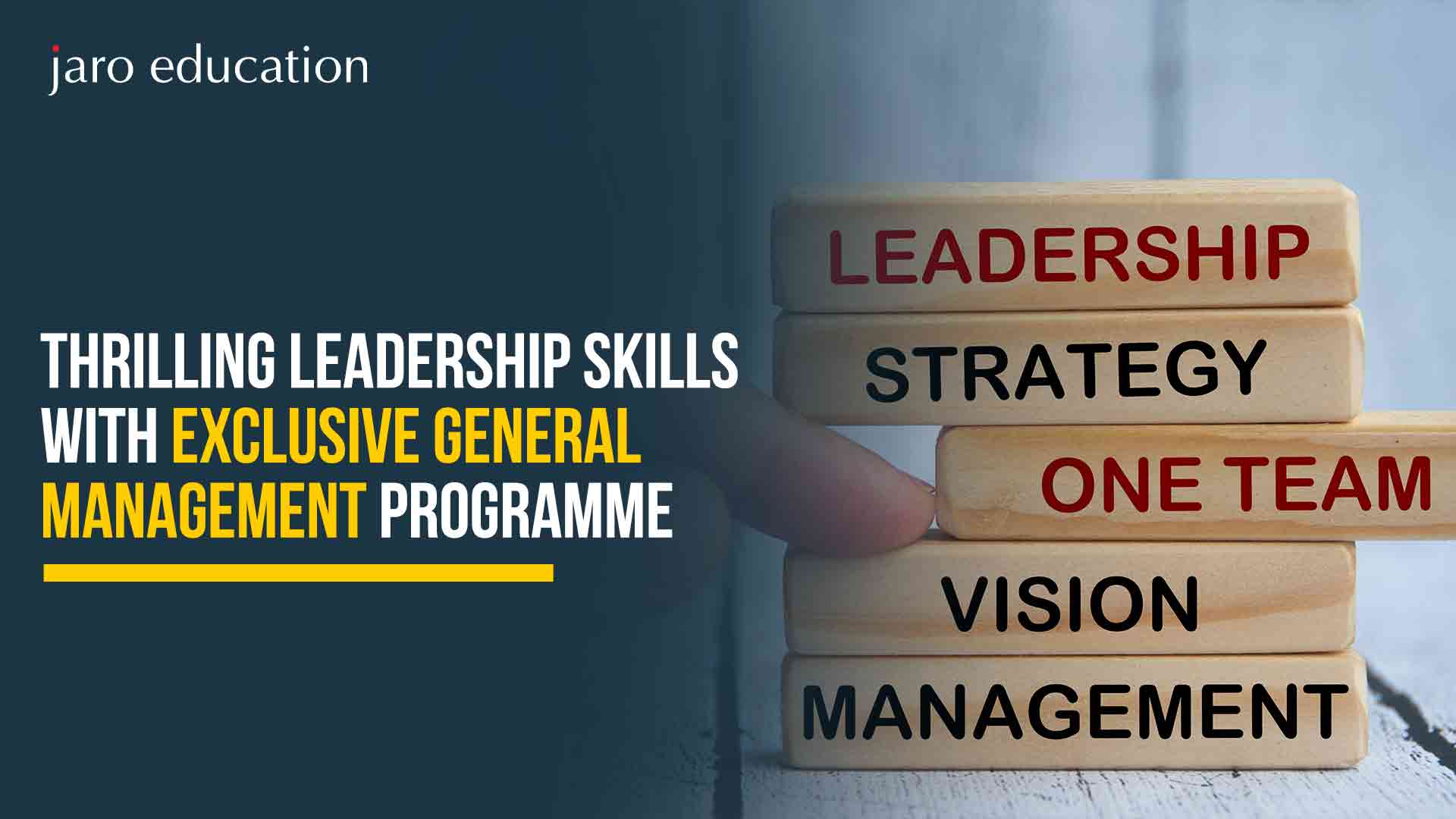What is Leadership? Definition, Meaning & Importance
Table of Contents
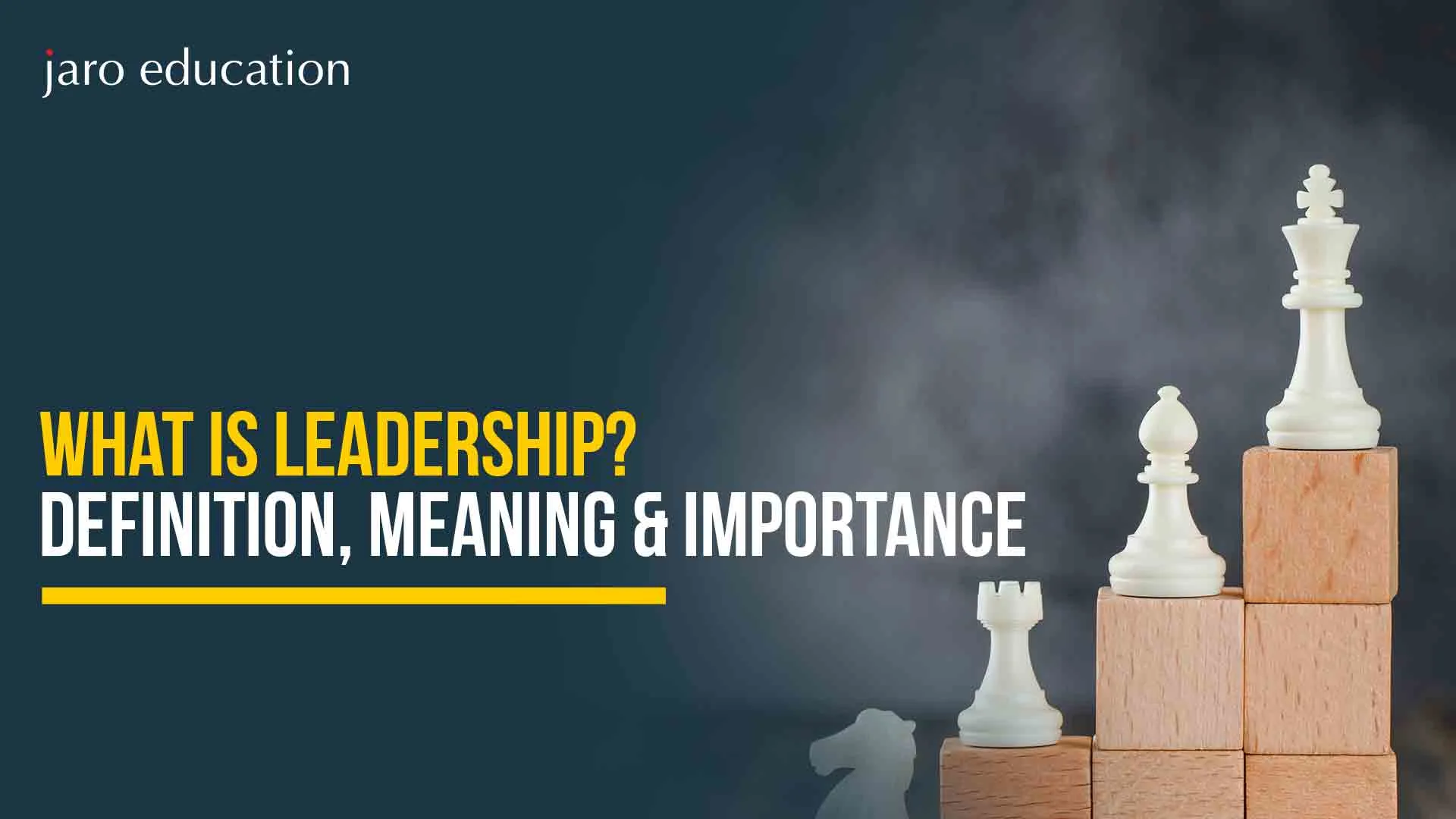
Leadership is defined as the ability of an individual to inspire, influence, and guide members of an organisation or team towards a common goal or vision. Great leaders have certain characteristics and abilities that make them different from others. They inspire and motivate their team, communicate effectively, and are accountable for their actions. In this blog, we will discuss the leadership definition, its types, and how important it is for an organisation’s success.
What is Leadership?

*mbaskool.com
Leadership is a skill of inspiring a group of people or members to work together towards achieving the common goal and objective of an organisation. In addition, it displays the talents of an individual who directs the team, manages work, and motivates others, with an approach to gain an organisation’s success.
With a clear vision, leaders create achievable goals and provide the team members with the information and tools required to accomplish those goals. A great leader possesses a set of features, including strong communication, management skills, self-confidence, creative, innovative thinking, determination, risk-taking, adaptability, and sense.
In an organisation, individuals with leadership qualities can get executive management or C-level positions, such as Chief Executive Officer (CEO), Chief Information Officer (CIO), and President.
Understanding Leadership, Management Definitions
While the terms leadership and management are used interchangeably, they are different concepts. Leadership includes creating a vision and inspiring members to work towards the shared vision. However, leaders are not required to be skilled at or involved with the day-to-day management tasks to execute the vision.
Management is the process of completing work and achieving organisational goals and objectives. Good managers are proficient at expressing the steps required to accomplish tasks and holding people responsible for doing the allocated work. Moreover, leaders can be good managers, and good managers can be good leaders.
Managers are often expected to express leadership characteristics, such as motivating and influencing employees towards achieving goals. Similarly, effective leaders are often required to perform management tasks, such as managing resources and holding accountability to achieve organisational goals and vision.
Understanding Leadership Skills Definition
To be a great leader, understanding the leadership skills definition is essential. Leadership skills enable a leader to inspire, motivate and unite team members towards a common organisational goal. These skills include clear communication, negotiation, decision-making, adaptability, problem-solving, time management, relationship building, and conflict resolution.
Whether a CEO, teacher, project manager, or student, anyone can benefit from leadership skills. In addition, these skills can be helpful for newly promoted leaders, start-up leaders, and entry-level professionals. Moreover, leadership skills are not only essential for leading roles, but they also help you show confidence and benefit you in developing your career into leadership roles.
Different Kinds of Leadership Definitions
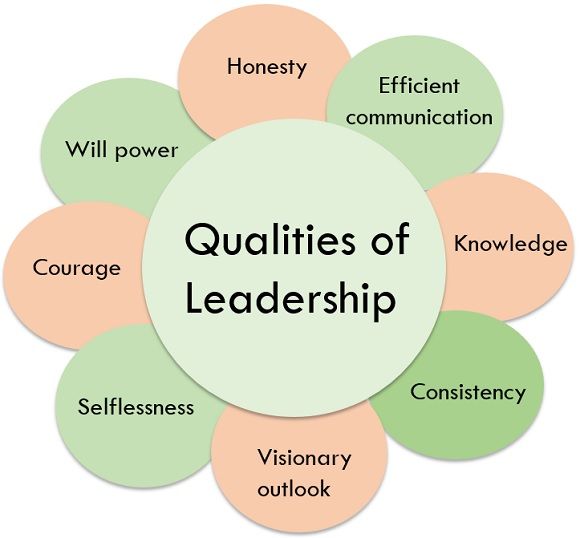
*theinvestorsbook.com
An organisation requires different kinds of leadership depending on the leader’s role. So, let’s understand the different types of leadership definitions:
- Social Influence Process: The leadership definition highlights the importance of the social influence process. It means that a great leader knows the skill of influencing others toward common goals.
- Inspiration and Motivation: Leaders can communicate a clear vision and goal that motivates the team to act towards the shared goals.
- Responsibility for Outcomes: The leadership definition describes a great leader who is answerable for their actions, decisions, and results, whether positive or negative.
- Visionary Thinking: The leader has the skills to think out of the box, find opportunities, and outline a clear future.
- Relationship Building: Leadership defines the talent of a great leader who can understand the importance of building strong relationships with team members, investors, and customers.
- Direction Setting: A leader can create a clear vision or direction for team members to follow.
- Change Creation: A great leader has the talent to identify improvement areas and initiate change within the team or organisation.
Importance of Leadership
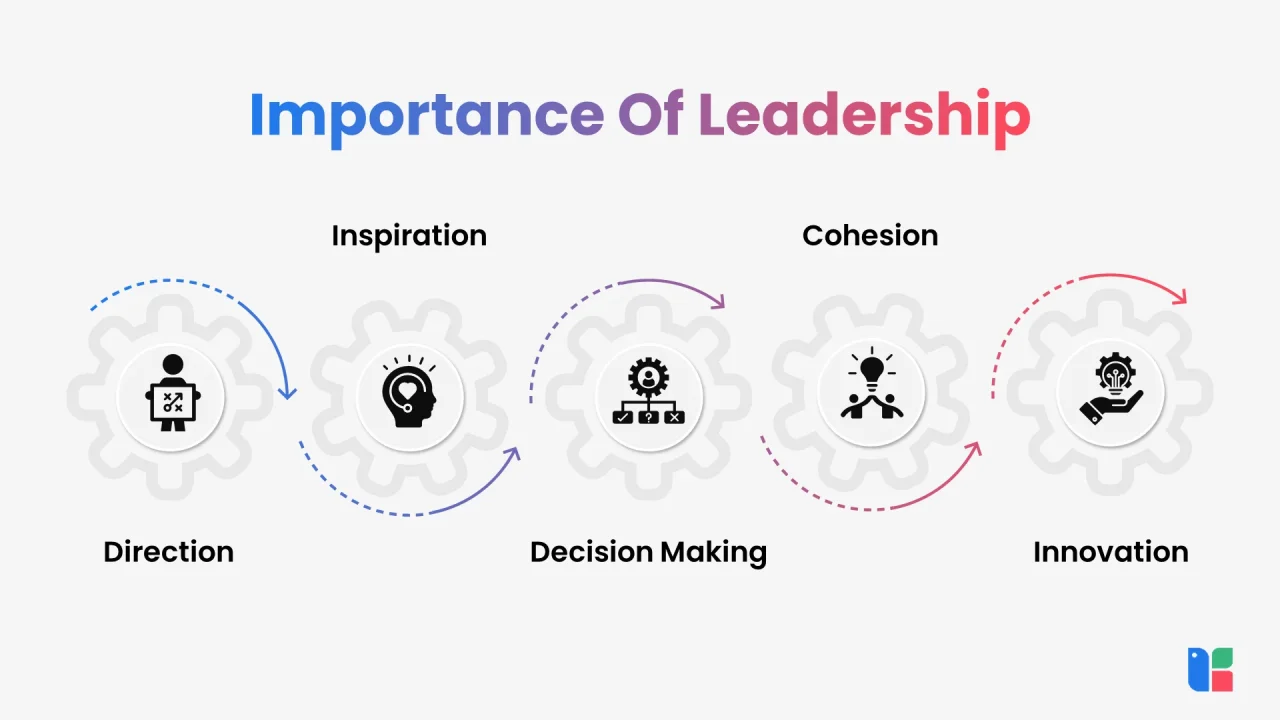
*kapable.club
Now that you know the leadership definitions, let’s understand how it is important for achieving organisational goals.
- Achieving Goals: Leadership is essential for achieving organisational goals. A great leader has the skills to motivate the team to work together towards a common goal, leading to increased productivity and efficiency. With a clear vision and determination, a leader can effectively align individual and organisational goals, contributing to teamwork.
- Providing Task Support: Leaders manage the team members by collecting the authoritative resources and assisting them in executing their actions.
- Creating a Positive Work Environment: By encouraging teamwork, open communication, and trust, a great leader can create a positive and productive work environment, improving job satisfaction.
- Building the Team Spirit: Leaders can build collaboration among their followers to work, complete, and organise their actions with authoritative goals and objectives.
- Enhancing and Retaining Top Talent: With leadership skills, a leader can enhance and retain top talent by inspiring professional development and continuous learning.
- Motivation: Leaders play an important role in motivating team members to engage in their professions if they are unable to find their motivation.
- Encouraging Innovation and Creativity: A great leader can encourage team members to share innovative ideas and solutions, which lead to enhanced creativity.
- Provides Feedback: Leaders provide timely and valuable feedback to their team members while preparing or delivering their presentations. It helps them enhance their presentations, improve their effectiveness, and achieve their goals and objectives.
- Introducing Change: A successful leader can effectively manage change by introducing it within the organisation and inspiring individuals about the need and benefits of implementing change smoothly.
Different Types of Leadership
Leadership definition and its importance are not enough to understand leadership; one should also be aware of its different types. So, let’s dive in:
- Autocratic Leadership: For a great leader, it is essential to understand how to get complete control over his/her team. This type of leadership is called autocratic leadership. An autocratic leader strictly follows ethics and morals and never breaks their rules for anyone, creating a positive work environment.
- Laissez-faire Leadership: This type of leadership allows leaders to make their team members perform their job as per their choice. This means they depend on their perspective and subsequently execute business functions.
- Democratic Leadership: Democratic leadership, also known as participative leadership, is a type of leadership that allows everyone to share ideas and opinions. This process focuses on group equality, but a democratic leader is always there to motivate, guide, and control. In addition, everyone on the team inspires each other to achieve personal or organisational goals.
- Bureaucratic Leadership: Bureaucratic leadership is a type of leadership that follows a clear hierarchy. This approach allows leaders to act according to the rules established within the organisation. Additionally, team members should stick to organisational rules and policies, given that leaders are doing the same. A bureaucratic leader is organised and self-motivated.
- Servant Leadership: Servant leaders mainly focus on the welfare of the communities. They prioritise serving team members, helping people understand their abilities, and creating a positive culture.
- Agile Leadership: An agile leader focuses on allowing the team to adapt quickly, fostering a collaborative environment, and empowering decision-making.
- Empathetic Leadership: Empathetic leaders can understand and connect with their team members’ feelings, thoughts, and perspectives. This approach leads to a supportive, comprehensive environment that enhances confidence and productivity.
- Situational Leadership: Situational leaders tailor their approach based on the specific needs of their team members. A successful leader can modify his/her guidance based on the circumstances.
- Visionary Leadership: Visionary leadership is the type of leadership where leaders motivate and guide their team members with a clear vision, encouraging them to work towards a common organisational goal.
- Adaptive Leadership: Adaptive leadership helps leaders adapt to changing environments, balance instant demands, handle complex challenges, and adjust strategies to meet changing needs. With a collaborative approach to problem-solving, adaptive leaders inspire the team members to contribute to finding solutions, instead of relying only on hierarchical leadership.
- Transformational Leadership: Transformational leadership helps leaders to inspire and empower their team members to go beyond expectations, promoting innovation and transformation through a shared vision and purpose.
12. Transactional Leadership: Transactional leaders focus on planned goals, rewarding performance, and implementing morals to motivate team members for achieving specific goals and objectives.
Final Thoughts
Leadership plays a crucial role in an organisation, team, or community. An effective leader holds certain features and talents, including decision-making skills, clear vision, emotional intelligence, accountability, and continuous learning, that set them apart. To be a successful leader, you should understand the leadership definition and know how it is important for accomplishing organisational goals and objectives, creating a positive work environment, motivating team members, encouraging innovation, enhancing and retaining top talent, introducing change, and building team spirit.
If you want to invest in the leadership programme, then enroll in the Young Leadership Programme by IIM Indore in collaboration with Jaro Education. This leadership programme is designed to promote high-potential professionals, allowing them to embark on strategic leadership roles with confidence and ability.
Frequently Asked Questions
What are the features of leadership?
The following are the key features of leadership:
- Group Interaction
- Social Interaction
- Decision-making Skills
- Problem-solving
- Accountability
- Conflict Resolution
- Achieving Common Organisational Goals
- Vision and Purpose
- Emotional Intelligence
What is the importance of different types of leadership styles?
Leadership style is essential for senior leaders, as it shows how they interact and communicate. With an understanding of your leadership style, you can communicate better, evaluate others’ needs, and build creative relationships. Different types of leadership styles include:
- Autocratic Leadership
- Laissez-faire Leadership
- Democratic Leadership
- Servant Leadership
- Transformational Leadership
- Transactional Leadership
What are the most effective types of leadership styles?
The most effective types of leadership depend on the specific circumstances, team, and goals. However, here are some styles that are generally considered effective ones:
- Democratic Leadership
- Transformational Leadership
- Servant Leadership
What is the best leadership definition?
Leadership is the talent that an individual has to motivate others and inspire them. A good leader must be trustworthy, knowledgeable, have strong communication skills, and understand the achievement of group goals.
What are the leadership qualities of a good leader?
A good leader holds a blend of personal qualities and skills that help them effectively guide and motivate team members to handle tough or impossible tasks. The key leadership qualities include courage, integrity, clear communication, dependability, loyalty, and empathy, among many other qualities.
What are the top secrets to being a successful leader?
The top secrets to being a successful leader include:
- Adopt a clear vision
- Prioritise clear and effective communication
- Develop emotional intelligence
- Be agile and adaptable
- Make informed decisions
- Empower your team











